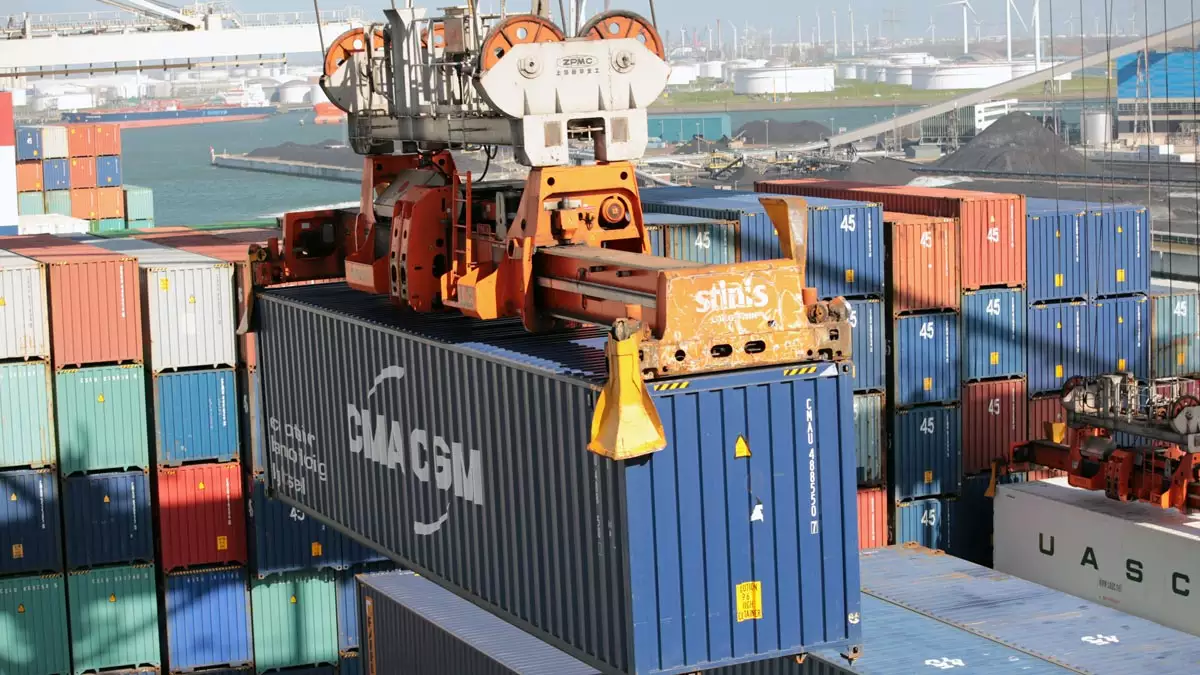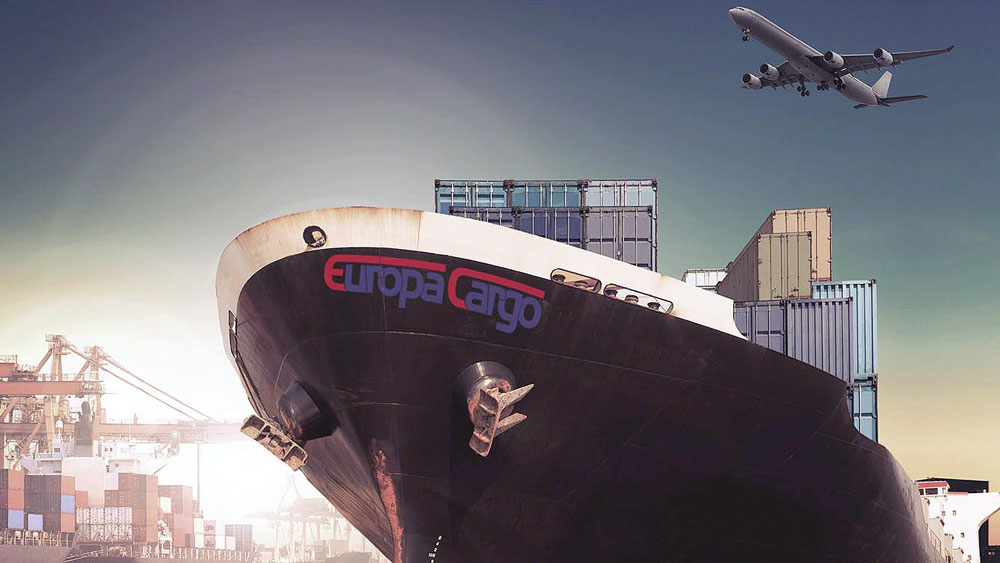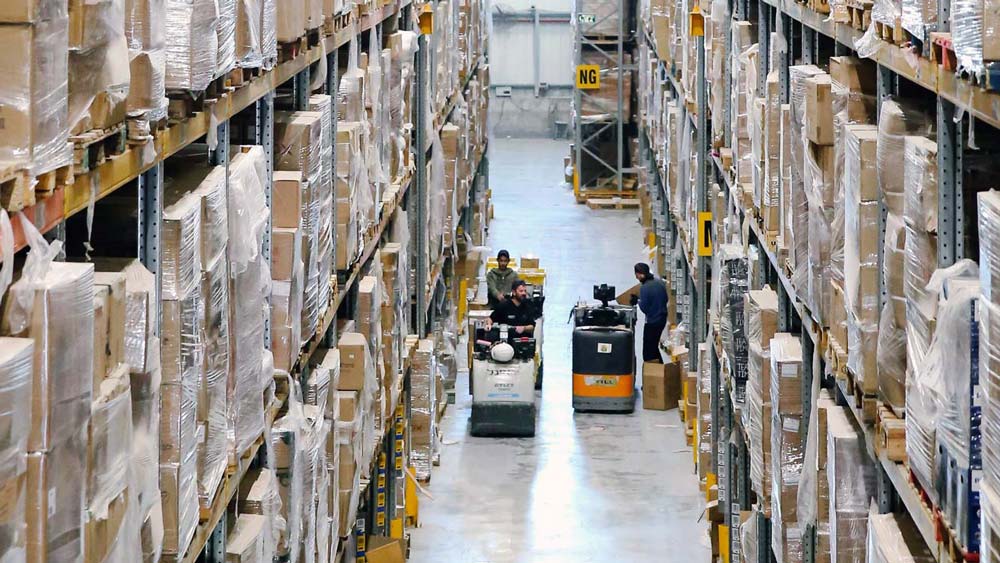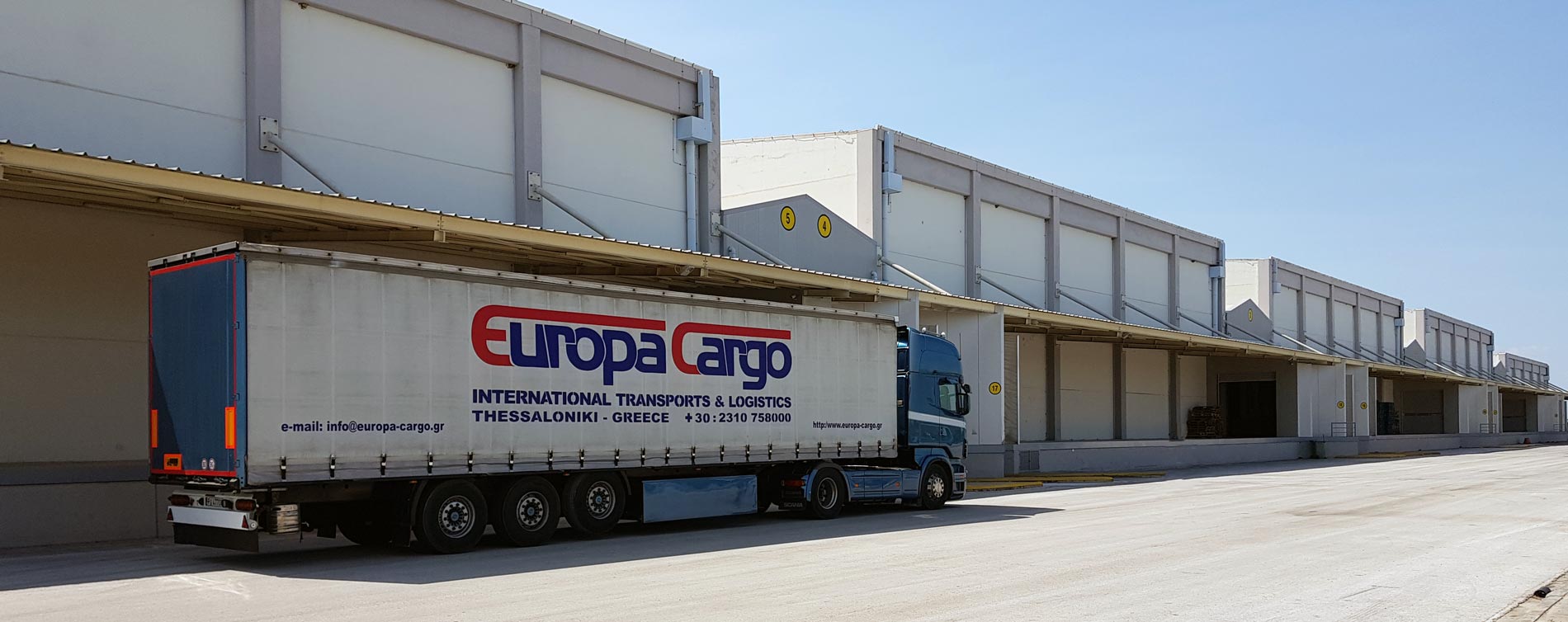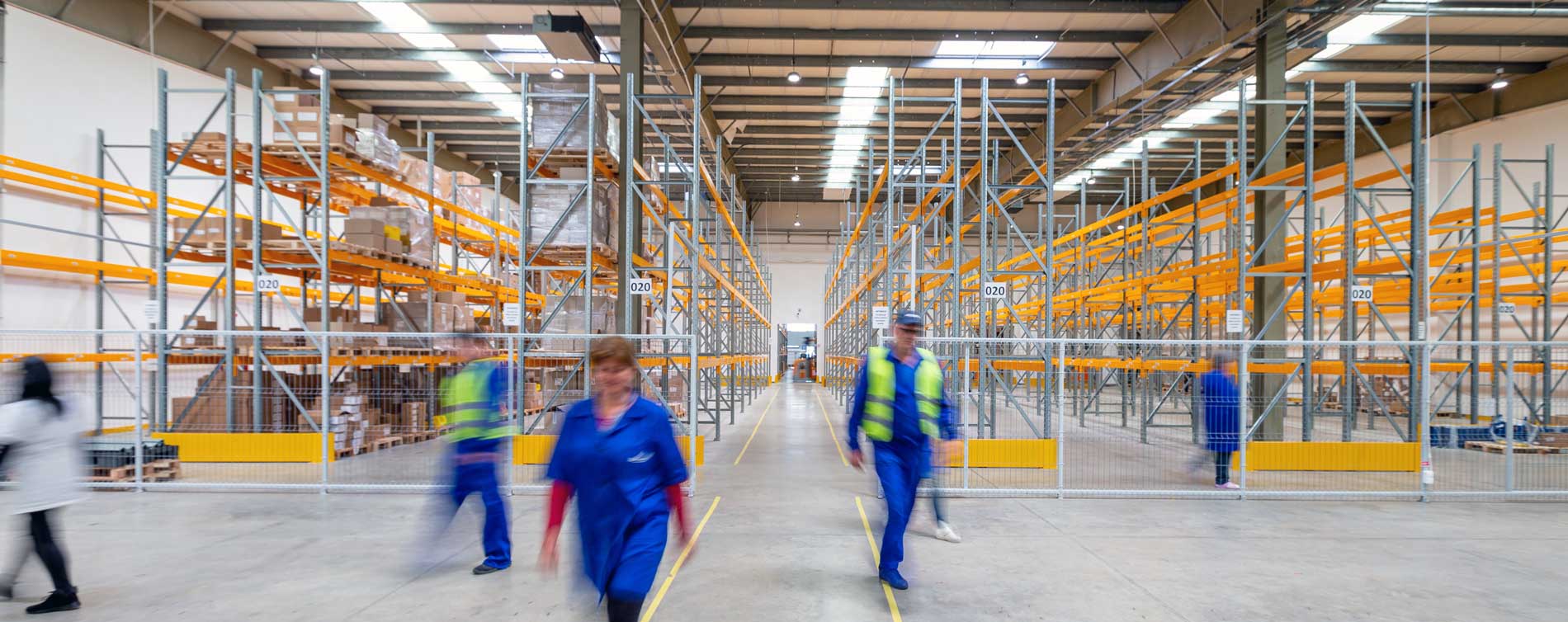As an integral part of the functioning of the global customs chain, both within and across borders, logistics companies facilitate trade and help businesses move their products to their customers. Supply chain disruptions in the sector caused by the pandemic could therefore affect competitiveness, economic growth and job creation.
The coronavirus pandemic has undeniably had a profound impact on the way shopping and supply chains operate. Logistics companies, which are involved in the movement, storage and flow of goods, are an integral part of the supply chain, both domestically and internationally
.The history
Logistics companies connect companies to markets by providing a variety of services, including multimodal transportation, freight forwarding, warehousing, and inventory management. These are important factors for global production, which is complex and multi-local.
For example, Apple's iPhone uses components from more than 200 suppliers in 43 countries. As a result, today's global value chains require greater resilience and efficiency in the flow of goods between and within countries. These can be achieved with companies outsourcing their logistics operations to third party logistics service providers, especially those with end-to-end integrated solutions capabilities.
For many, three years of COVID-19 may have been an occasion to highlight the industry's issues and pathologies. Global value chains require greater resilience and efficiency in the flow of goods between them and within countries. These can be achieved by companies that outsource their logistics operations to third party logistics service providers (3PL) that have integrated solution capabilities.
The relationship between logistics performance and higher incomes demonstrates the sector's contribution to productivity and economic growth. Logistics costs as a percentage of GDP can be as high as 25 percent in some developing economies - compared to 6-8 percent in OECD countries. Therefore, better efficiency in the sector can boost competitiveness and boost economic growth in emerging markets.
The consequences
The impact of COVID-19 was first felt in China because of its role in global manufacturing, with Wuhan, the epicenter of the pandemic, playing a particularly important role as more than 200 of the Fortune Global 500 companies have a presence there. China is also a major consumer of global commodities and agricultural products.
The shock from production disruptions in China also spread to global supply chains. Cargo was delayed at China's major container ports, travel restrictions led to a shortage of truck drivers to pick up containers, and airlines kept canceling flights. The resulting shortage of parts and equipment from China also affected overseas manufacturing operations. Major industries around the world, including automobiles, electronics, pharmaceuticals, medical equipment and supplies, as well as consumer goods, were affected.
Although manufacturing has gradually begun to rebound — by the end of February 2020, about 70 percent of major industry had restarted operations — a return to full capacity is unlikely in the short term due to the spread of the pandemic to China's trading partners.
The long-haul trucking sector - which carries more than 80 percent of the country's goods - illustrates the impact of the lockdown on Chinese logistics. From January 24 to February 26, 2020, long-haul truck volume fell below 15 percent of 2019 levels before recovering to 50 percent by the end of February and 92 percent in March. The rapid recovery was driven by the ability to quickly contain the virus and the government's trucking policy (such as waiving national highway tolls and quarantine requirements for trucks shipping essential goods).
Then the COVID-19 phenomenon spread to the rest of the world, leading to lockdowns and border closures, restricting the movement of goods. Additional protocols (such as social distancing in warehouses) introduced to ensure worker safety contributed to additional congestion for freight. For example, in the European Union trucks formed 37-mile queues on the A4 motorway after Poland closed its border with Germany in mid-March. In India, the lockdown has created a shortage of truck drivers, resulting in over 50,000 containers piling up at Chennai and Kattupalli ports.
The transfers
We can observe the effects on transport capacity in the three main global transport segments, Sea, land and air.
Sea freight transport:
The total volume of containers handled at Chinese ports fell by 10.1 percent in the first months of 2020. There have been significant restrictions on maritime transport around the world, affecting both major exporters such as Brazil, China, India and Mexico, also as importers like the European Union. According to DHL, weak demand will continue to affect routes between Asia and Europe, the United States and Latin America. Therefore, additional empty routes are expected in the coming weeks.
Land freight transport:
Unlike sea and air transport, land transport remained feasible as roads are still operational, except in countries that were under strict lockdowns. But the trucks' carrying capacity has been strained due to the additional demand for their services - especially food and medical supply transport - under lockdown, combined with reduced availability of workers (due to COVID-19 restrictions), leading to higher rates. At the same time, demand for rail services increased due to higher air freight rates, empty routes and longer transit time for trucks.
Air Transport:
Volumes fell 19 percent in March 2020 due to a sharp decline in passengers on flights (carrying cargo as belly cargo) and a sharp decline in manufacturing in China. However, as charterers and governments turn to air cargo for essential goods, air freight rates have risen and some carriers are seeing delays with increased airport congestion. In mid-April 2021, there was an increase in capacity, as well as a recovery in volumes transported. The overall decline in capacity has been greater than the net decline in demand, which supports higher air fares.
The future
Impact of COVID-19 on markets, supply chain remains strong. The full impact of the chain of events of the COVID-19 era on global supply chains is not yet known. At the same time, global conflicts such as the one in Ukraine and the general climate of economic recession reduce the chances of a short recovery for logistics companies, underscoring the exposure of logistics to trade, manufacturing and demand for goods.
However, not all segments were affected equally - companies that serve e-commerce are seeing increased activity as consumers opt to shop for essentials online. This fact is certainly not temporary and perhaps it is where logistics companies should invest in the future, trying to offer integrated services to their customers.
At Europa Cargo we invested early in integrated solutions, expertise, technology and digital services. Thus, despite the adverse international economic conditions, we always continue to offer the quality and reliable services for which our partners have preferred us for many years.






